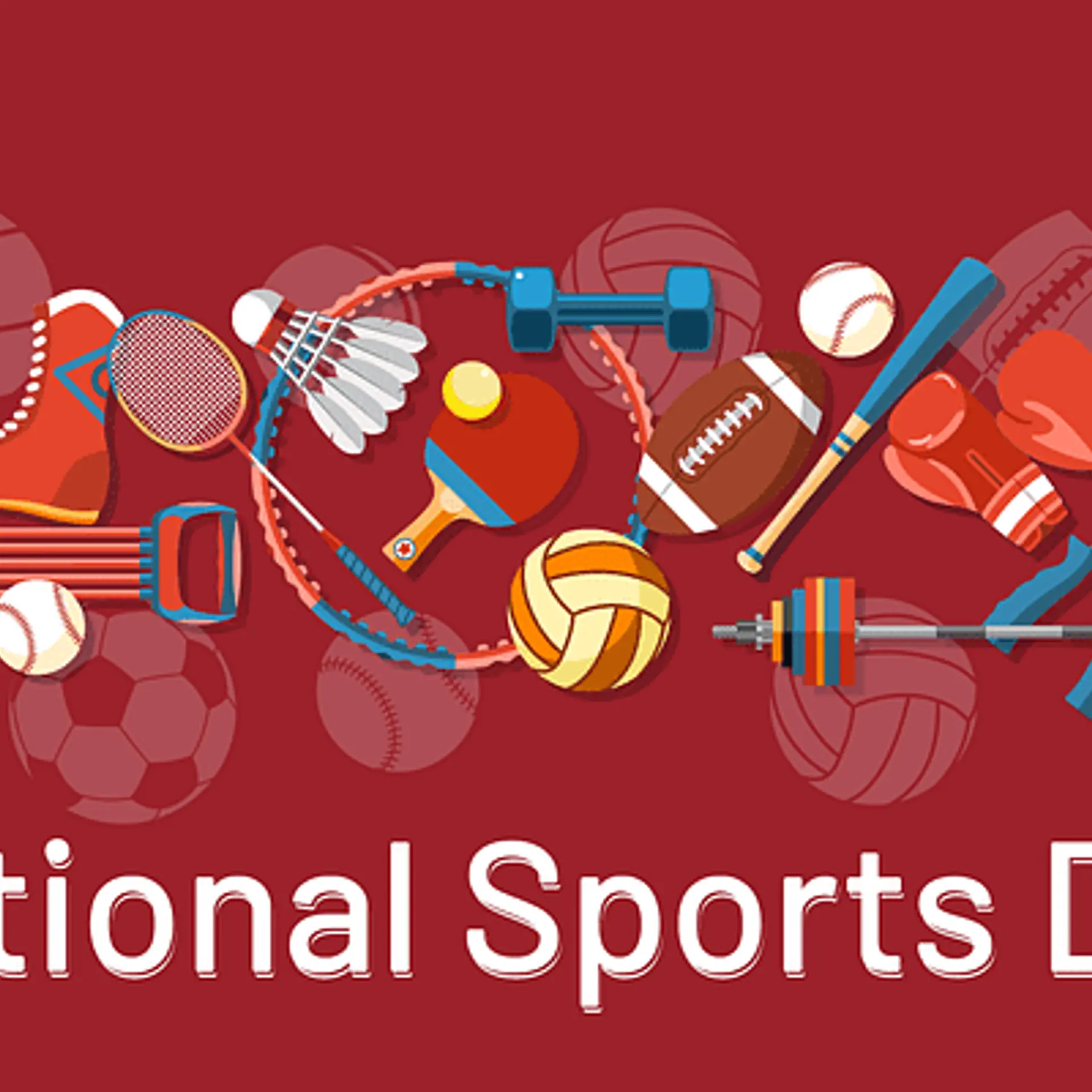Meet the Indore entrepreneur whose 'Johnny Hot Dog' outsells the likes of KFC, McDonald's on UberEats across Asia
Vijay Singh Rathore's tiny 120 sq feet shop in Indore can never rival the air-conditioned comforts afforded by the global brands, but the fare that he belts out of his hot tava is certainly something to write home about. Here's his story.
For Indore entrepreneur Vijay Singh Rathore, who has slogged it out over a hot stove for the past 50 years, being called on stage to receive a cool award in Hong Kong was actually a bigger roast.
Vijay Singh, who runs Johnny Hot Dog in Indore, was invited to the UberEats APAC Restaurant Partners Awards 2019 event. The event, which was part of the UberEats Future of Food Summit in July, saw some of the most popular food brands like Burger King and Cafe Coffee Day being felicitated.
Vijay Singh received the award for the most ordered dish on UberEats in all of the Asia-Pacific region. His dish -- a vegetarian hot dog -- beat the likes of McDonald's, KFC, and other global brands to win the award.

Vijay SIngh Rathore, Founder, Johnny Hot Dog. (Image credits: Mukti Masih)
Talking about the experience of traveling outside the country to receive the award, Vijay Singh tells me over phone from Indore, "Accha tha sahaab. Par apne ko toh yaha hi bha ta hai (it was a good experience, but I'd rather be here in my shop cooking)."
The original desi taste
To be clear, Vijay Singh's tiny 120-sq-feet shop in Indore's popular food gali Chappan Dukan can never rival the air-conditioned comforts afforded by the global brands, but the fare that he belts out of his hot tava is certainly something to write home about.
For the uninitiated, the vegetarian hot dog is nothing like its American namesake. Johnny Hot Dog's hot dogs are buttery, succulent round sandwiches stuffed with hot, spicy potato patties and served with raw cut onions and spicy green chutney. And if you've eaten one, you cannot resist having another.
Ever since Vijay Singh and his younger son tied up with UberEats last year, they have tripled their production of 'hot dogs'.
Twenty years ago, Vijay Singh could barely sell about 50 to 60 pieces a day, at a price of just 75 paise per hot dog. Today, Dadu, as he is fondly referred to by his ever-increasing clientele, sells about 4,000 pieces of hot dogs daily for Rs. 30 each.
And Vijay Singh credits his success to the digital revolution that is sweeping across the smaller towns and cities of India. "Since 2005, my business has caught on. And after we tied up with the food delivery app last year, sales have tripled," he says.
Last year, Vijay Singh's Johnny Hot Dog clocked annual revenues of Rs. 3 crores, a significant jump from just Rs. 500 in annual revenues around 1978, when he first started. "Is saal, usse bhi upar jayega (this year, we are bound to make more)," he says confidently.

The Johnny Hot Dog dish. (Image credit: Mukti Masih)
Cooking to make a difference
But for Vijay Singh, it was never the intention of making big bucks that prompted him to start Johnny Hot Dog in the first place. Even as a mere eight-year-old boy, Vijay Singh helped around the canteen of the Government Engineering College (SGSITS) in Indore, serving tea and snacks to the students. "Maine bahut seva ki hai, sahaab. Kareeb, kareeb ek lakh students ko maine khilaya hai (I have served more than a lakh students)."
He says his intentions were always to feed the engineering students food that would help them in their studies. "Mazdoori see zyaada dimaag ka kaam hota hai (using your brains requires more energy)," he says. So he used to make egg omlettes and serve it in bun or bread, depending on the demands of the students.
And that's how the name 'banjo' came about after the students started calling it that. Besides banjo, the other items on Johnny Hot Dog's menu are mutton hot dog and the most popular vegetarian hot dog.
At any given time during the day until the shop shuts by 11 pm or so, one can find Vijay Singh labouring over a hot tava, turning the patties and roasting the round buns on melted butter.
It is interesting that in a city like Indore where one can find a samosa/kachori or poha or sev shop every 100 meters, Vijay Singh decided to start a completely different food business.
Stating that the food business will become even more powerful in the days to come, he adds that when he decided to open his own eatery, he did whatever was within his budget.
To open a samosa or kachori business, you need to spend more and it is more complicated, says Vijay Singh. In comparison, to make the hot dog, all he needed to do was to boil potatoes, make aloo tikkis, and put it in between buns, he adds.
"I just bought a stove and a coal sigri. Coal was cheap those days," he says. His mother showed him how to make the tikkis. "We never ate bread and stuff like this, so I learnt from here and there and got this going."
What's in a name?
The norm for naming most eateries in Indore is to give it the last name of the owner. But Vijay Singh said he could not call it Rathore Hot Dog because he was sure his family would object as he was serving egg.
So, he took inspiration from the popular Ghamandi Lassi of Indore that was a big hit with customers, not only for its lassi but also for its mascot in old-timer Hindi movie actor Vyjayanthimala.

The Johnny Hot Dog eatery in Indore. (Image credit: Mukti Masih)
"In the early 70s, we would hang around outside this movie theater where only English movies were screened. As you know, there used to be many thelawalas selling eggs outside. That's when I hit upon the idea of naming my place Johnny Hot Dog," he tells me.
The lakhs of engineering students that he fed in his early years are now granddads themselves, many having settled abroad. But, they never fail to pay Vijay Singh a visit and eat their favorite banjo and hot dog and reminisce about the good old days.
He now has two shops and has given one to his son, who manages the deliveries.
Vijay Singh has also been offered funding to expand his business, but he says rather matter-of-factly, "Yeh sab paisa bahut magazmari hai (there's a lot of headache with too much money)."
And for anyone wondering how much of it is too much or too little, Vijay Singh dishes out a kick-ass life lesson, one just as edible as his beloved vegetarian hot dog.
"Sahaab, main toh kahata hun, paani aur paisa hamesha ghuton ke neeche hona chahiye, varna doobne ka daar raheta hai (water and money should always be at ones knee level otherwise there are chances of drowning."
Amen to that.



![[Startup Bharat] This Indore-based startup is swatting away the mosquito problem with insect-re...](https://images.yourstory.com/cs/2/a054f130-2d6c-11e9-aa97-9329348d4c3e/Mayur_and_Shreshtha_(1)1552542017935.jpg?fm=png&auto=format&h=100&w=100&crop=entropy&fit=crop)





